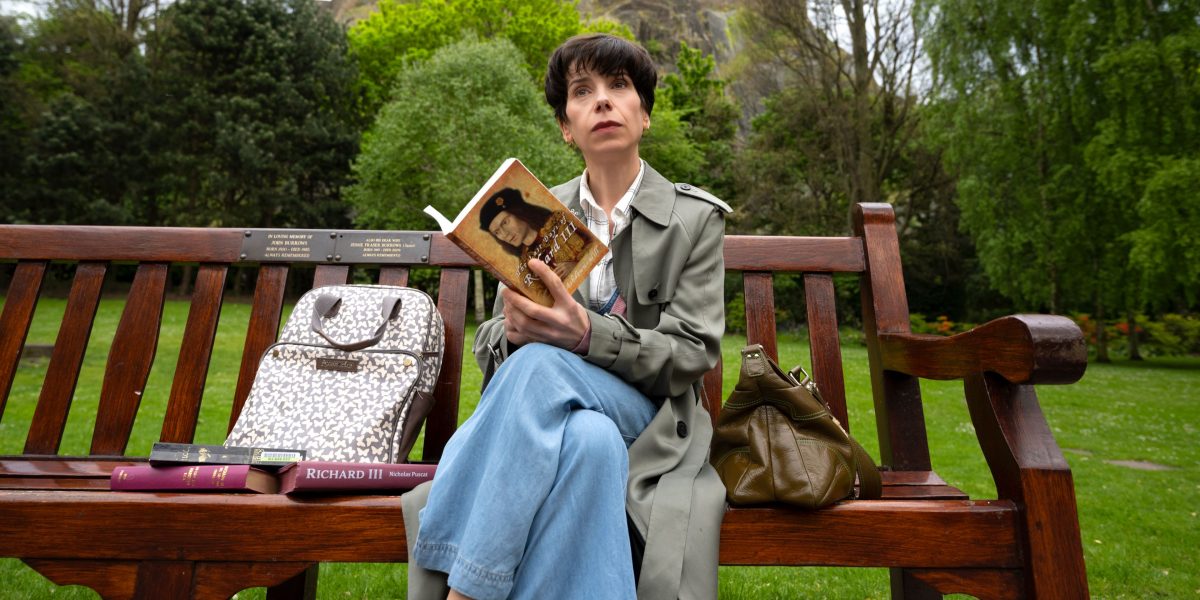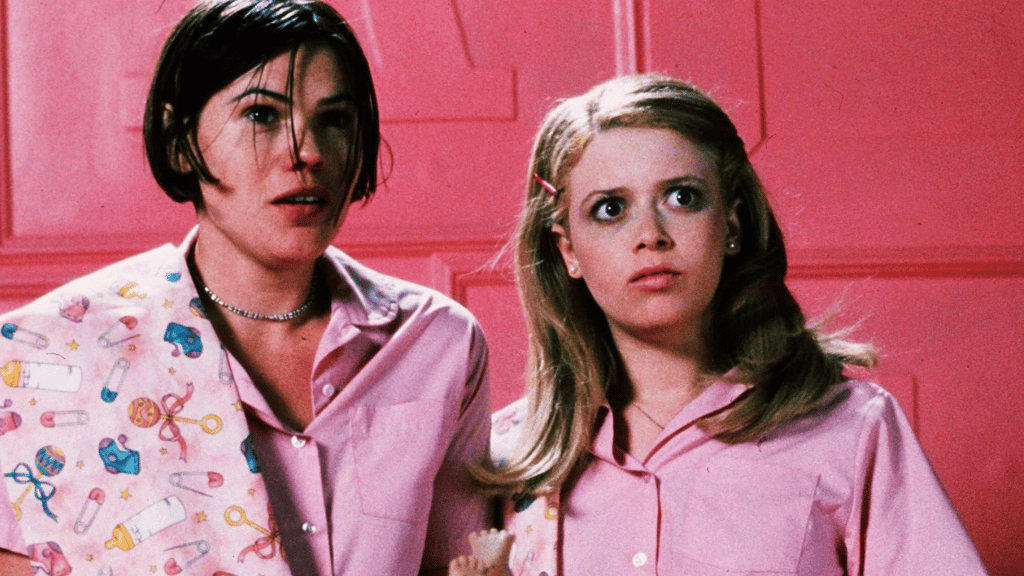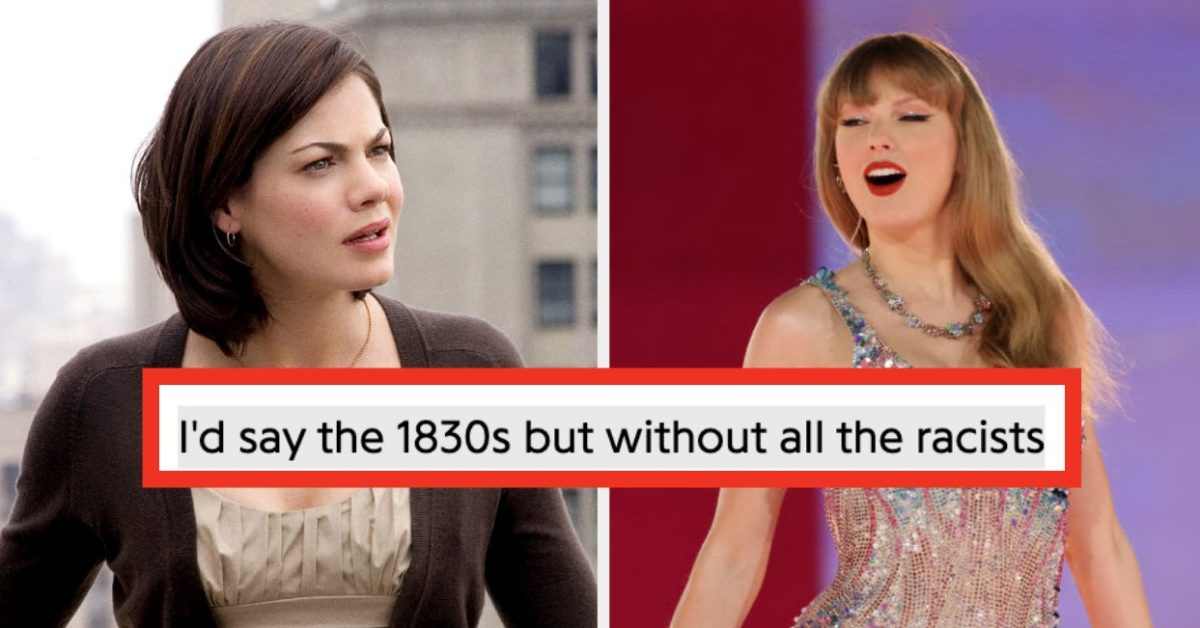
Sally Hawkins Can’t Save Dull Biopic With Misplaced Focus
Mar 25, 2023
While pulling from true stories can make for excellent fiction films, there’s a certain way of telling them that tends to leave critics gritting their teeth, its conventions associated with the too-broad term ‘biopic’. These movies are easily accessible, perhaps, but frustratingly inert, and they often live or die by their narrative’s inherent intrigue and the strength of the lead performance. The Lost King is exactly this, though of those two pillars, it relies too much on the latter to compensate for the former. It comes across as if the filmmakers were concerned with the story’s potential slightness, only to have their steps to mitigate this exacerbating that very quality. The problem is one of focus, and had the movie trusted its protagonist enough to let her be the true center, it might have provided a viewing experience worth recommending.
SCREENRANT VIDEO OF THE DAYSCROLL TO CONTINUE WITH CONTENT
From accomplished British filmmaker Stephen Frears, The Lost King recounts how amateur historian Philippa Langley’s (Sally Hawkins) efforts to find the long-lost remains of King Richard III results in him being discovered beneath a Leicester parking lot. Dramatizing the book about the experience by Langley and Michael Jones, the film depicts how she was repeatedly dismissed or impeded along the way, only for the University of Leicester to swoop in and rob her of proper credit when the find makes international news. What actually happened is not for this review to determine, though it’s worth mentioning that both sides have re-litigated it since this movie’s UK release last year. What’s relevant here is that The Lost King struggles to turn an admittedly interesting log line into 108 minutes of sustained engagement.
Related: Preview A Thrilling Alexandre Desplat Track From The Lost King [EXCLUSIVE]
Sally Hawkins and Steve Coogan in The Lost King
As presented, Philippa’s life and research offer the necessary footholds for a dramatic retelling. She struggles with ME, also called Chronic Fatigue Syndrome; she has an atypical home life, actively co-parenting her two sons with her ex-husband John (Steve Coogan); and, most pressingly, she decides to suddenly rearrange her life around a new obsession, and ends up succeeding where many before her had failed. But rather than approaching them as subjects of actual dramatic interest or interrogation, The Lost King presents these elements in such a matter-of-fact way that they end up seeming like bullet points in a presentation of her life. It’s more important that the audience know something than think about what it means — an unfortunate feature of literal-minded biopic storytelling.
Take Philippa’s motivation as an example. The film acknowledges a connection between the way she feels seen as less-than because of her ME, and the way Richard III has been maligned as evil by history in part through his physical deformity, despite a lack of contemporary evidence for his famous hunchback. However, instead of mining this aspect of Hawkins’ character, the movie weirdly makes it about the titular monarch. After seeing a performance of Shakespeare’s play about him, Philippa begins to see an apparition of the actor’s (Harry Lloyd) rendition of Richard everywhere. They converse (which, typically, is acknowledged as odd but explored no further), and through his constant presence, The Lost King becomes too zeroed in on Philippa’s professed desire to redeem him. That quest itself is hardly worth the feature film. The focus should have been on why Philippa, the protagonist, would devote herself to this undertaking at the expense of all else, and the consequences it has on her life.
Harry Lloyd in The Lost King
Hawkins and Coogan (who also co-wrote the screenplay with Jeff Pope) do their best to flesh out this angle with their performances, but their efforts prove more tantalizing than satisfying. Their characters’ relationship was obviously complex before Richard III took over Philippa’s life, and given her illness, the viewer is left wishing for more insight into the emotions that drove them this far apart. She affects his life with little consideration besides mild guilt after the fact, but rather than object, he ultimately encourages her. There is implied history there. Tonally, the film endorses the idea that this is her emergence after too long being stifled or laid up, something John recognizes. But Hawkins adds a layer of self-centeredness to her character, particularly in the intriguing dismissiveness she displays toward her sons, that The Lost King is reluctant to make text.
Her obsessive search, guaranteed by history to succeed, ends up more weightless than it could have been, and the film therefore less gripping. This isn’t to say it doesn’t work in some stretches — there’s enough connection established between the audience and Philippa that, once she sets her sights on starting an actual dig, the desire to see her vindicated is activating. But the final stretch’s fairly neat conclusion, facilitated by a simplistically villainous representative of the university, ends the movie on a deflated note. It might offer enough diversion for some to register as a net positive, but a viewer shouldn’t be surprised if they come out wondering why, exactly, The Lost King needed to be a movie.
The Lost King released in U.S. theaters March 24. It is 108 minutes long, and is rated PG-13 for some strong language and brief suggestive references.
Publisher: Source link
Jill Scott’s Chris Brown Tweet Faces Backlash
*deep sigh* In times like this, I wish Jill would've remembered and practiced her own lyrics, "Maybe we could just be silent." If you or someone you know is in immediate danger as a result of domestic violence, call 911.…
Apr 25, 2024
Skai Jackson Reveals Where She Stands With Her Jessie Costars
After starring as brainy Ren Stevens for three years on Even Stevens, bringing the titular Kim Possible to life, and starring opposite Hilary Duff in the 2002 DCOM Cadet Kelly, Christy Carlson Romano took to Broadway for a 31-week run…
Apr 25, 2024
Taylor Swift Lyrics About 1830s Has People Really Confused
taylor swift: the old world was misogynistic and racist, but people are blinded by aesthetics and nostalgia. in reality i would’ve hated being theretwitter users: she’s racist— who’s afraid of little old elin? (@tsignelin) April 19, 2024 Disclaimer: This story…
Apr 24, 2024
Victoria Beckham’s New Collaboration With Mango Is as Posh as It Gets
We independently selected these deals and products because we love them, and we think you might like them at these prices. E! has affiliate relationships, so we may get a commission if you purchase something through our links. Items are…
Apr 24, 2024











